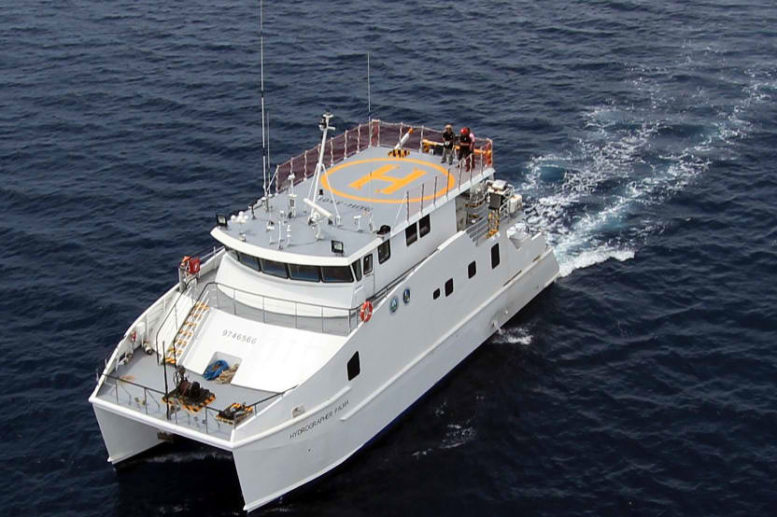Defending one’s homeland is one of the primordial duties of the state. Our Constitution mandates the creation of a citizen armed force that consists of a small standing army and a sizeable reserve force.
With a small regular armed force, our defense policy largely depends on three basic factors: the threats, the allies, and the technology.
As many of us have witnessed for some time now, the end of the cold war ushered the resumption of many old territorial, ethnic, racial, cultural, religious, and ideological conflicts all over the world. Our nation is beset with some of these and which affects our national sovereignty and people’s way of life. These will continue to threaten our democratic institutions unless we, as a nation, work together to fully address the root causes and to create lasting and meaningful solutions.
Another factor that helps shape our defense policy is the existence of foreign allies. Some of our allies that continuously assist us are the United States, Australia, South Korea, Japan, among others.
Technology is also a critical factor in defense policy formulation while bilateral and multilateral defense exercises, as well as international military education and training given by friendly countries contribute to the knowledge base of our armed forces personnel. The lack or absence of hardware to apply those learning affects competence and morale.
Given the volatility, uncertainty, complexity and ambiguity of the security landscape, we endeavor to balance our defense systems inventory. It is in the field of technology that we anchor our self-reliant defense posture program. And this is where our maritime defense industries, which are technology-based, are now called upon to participate. We recognize the restricting provisions imposed by existing laws on procurement of major defense equipment. But such preconditions are only meant to protect taxpayer’s money and not to favor any particular group.
The revised modernization law’s implementing guidelines, rues and regulations level the playing field for legitimate local industries to build major defense equipment and weapons systems for the AFP. With this development, I would like to encourage our domestic maritime industries to dedicate some resources to design, construct, upgrade, and upkeep defense materiel for our armed forces.
The armed forces selection of defense equipment and weapons systems require adherence to certain criteria so that the end users – our soldiers – will have protection against the nation’s adversary.
We are all aware how tedious and time-consuming government procurement process is because of numerous documentary requirements and confirmatory actions. It is in this light that I would suggest to prospective suppliers to carefully study the process and avoid short-cuts. Many projects have incurred delays or contract rescinded due to questionable documents. I would also suggest that they visit and consult the acquisition project teams to clarify matters in operational and technical specifications.
Let me end by citing some words of wisdom from Dwight Eisenhower, a 20th century soldier and statesman: “Successful defense will never be possible unless you devote yourselves to this work, this study, and this preparation. Without financial remuneration, your sole reward is the sanctity of your firesides, the esteem of your countrymen, and the approval of our own conscience.”
__________
Speech of Secretary of National Defense, Hon. Delfin N. Lorenzana
Maritime Conference 2017, SMX Convention Center, Manila
